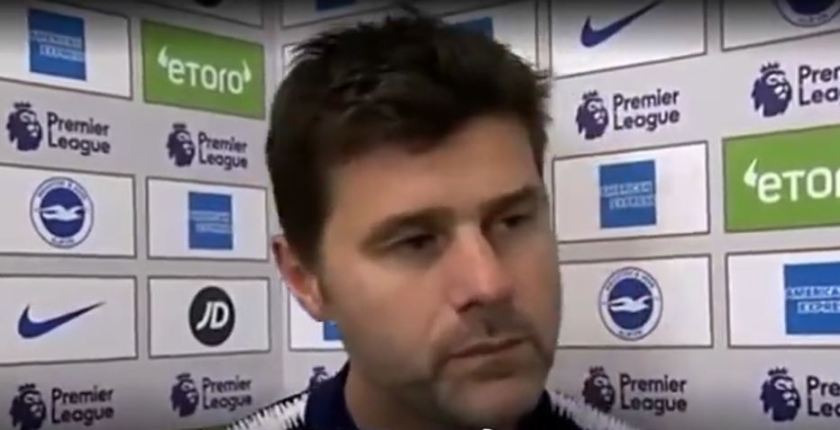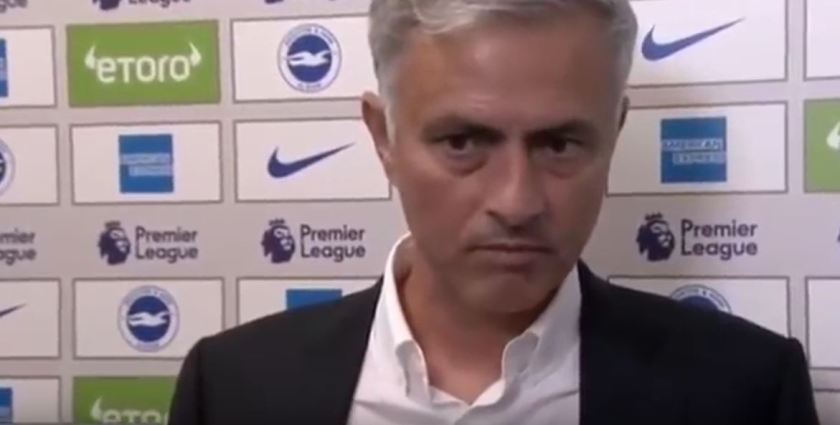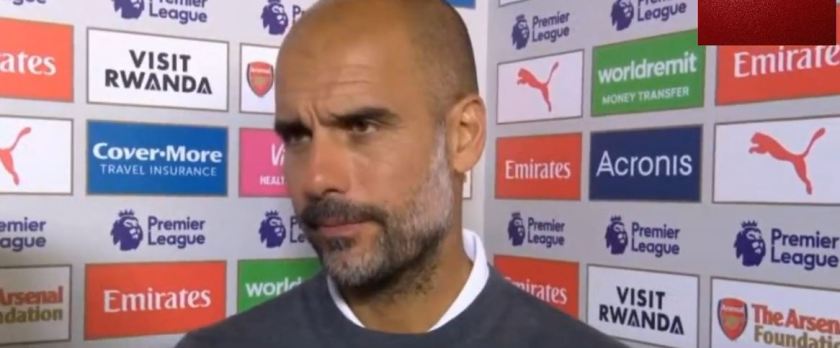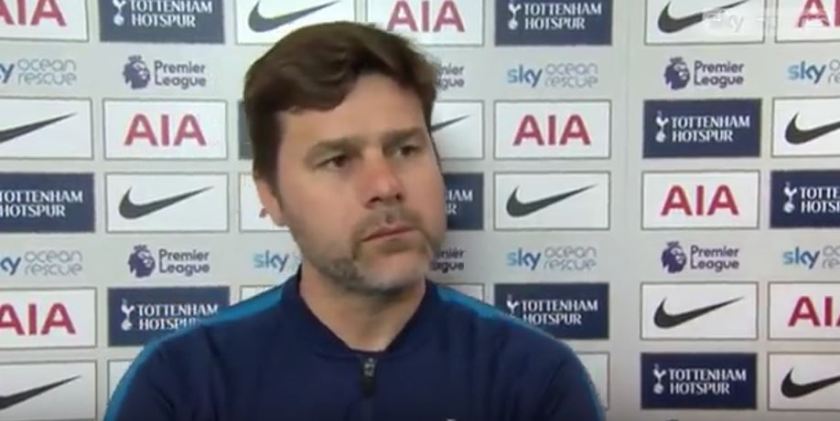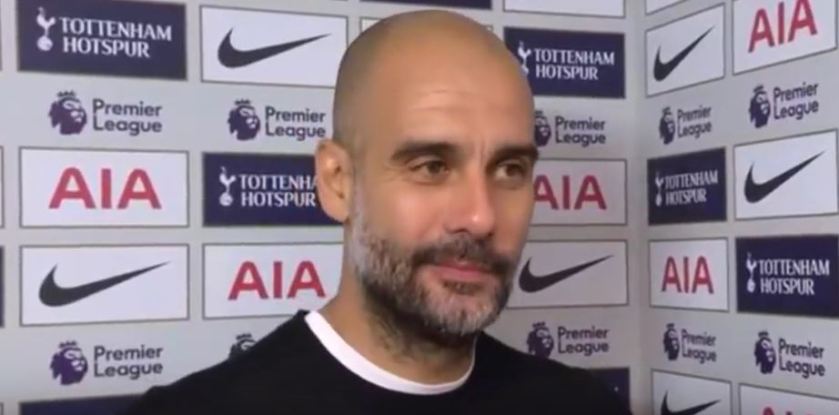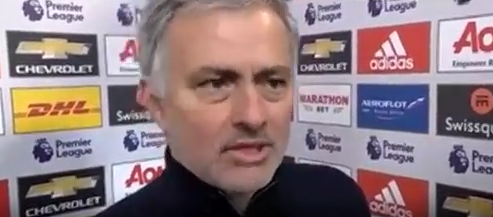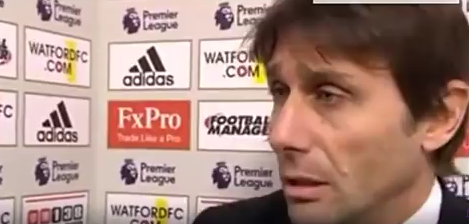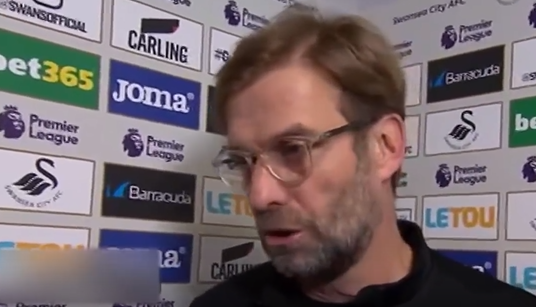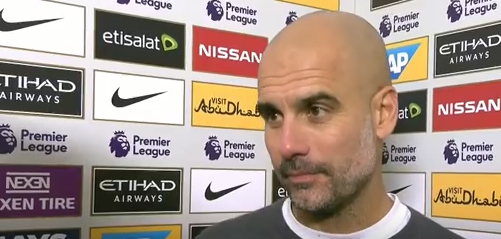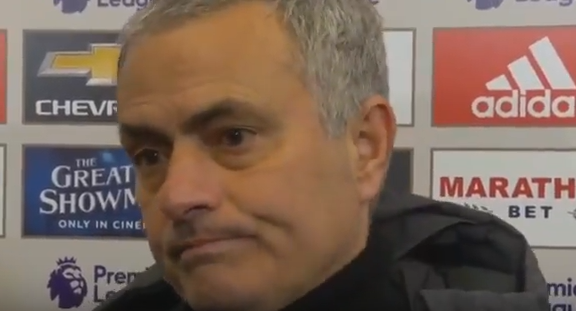When Spurs win the narrative is of a side maturing together, a side that understands the complex interdependcies between themselves.
When Spurs lose the narrative is of complacency, a side that failed to bring in new players to strengthen the team.
A manager could find these logically inconsistent positions frustrating, but against Brighton there is much to please Pochettino.
“It was important for the victory, the performance was very goood.”
“I am happy because the 3 points is very important to us – we needed to feel again the victory.”
“We play so well in different parts of the game.”
Brighton’s strenghts are then called out.
“Brighton are an agressive team and work so hard.”
“Our team work very hard too. With the ball we play good football. I am pleased with the performance and the reaction.”
On their challenging start to the season, Pochettino is resolute.
“It is not a drama. We know what to do. We will work hard and give our best. Today we show great quality – we fight all together. ”
Leadership communication lesson
Pochettino’s interview is a great demonstration of the power of the collective. No individual is metioned. It is the team alone that is praised. With pressure on the club, he looks to bring the team together through the words that he chooses. It is a strategy and performance as impressive as his team has demonstrated on the pitch.


